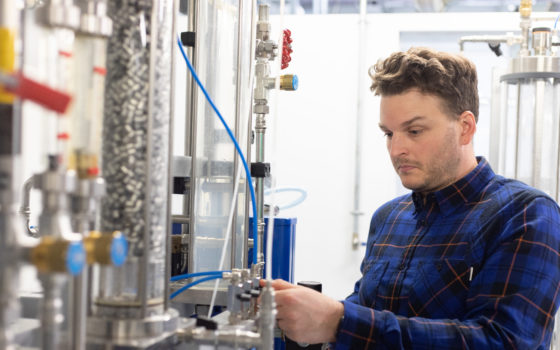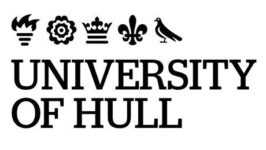Delivered in partnership with the Department for Education and the York and North Yorkshire Combined Authority, the Skills Bootcamp in Heat Recovery and Transfer is a short course aimed at employed individuals working in any sector who are looking to lower CO2 emissions, reduce energy costs and help the UK meet net-zero targets.
The programme is designed to provide learners with the higher technical skills and knowledge to implement heat recovery and transfer solutions.
Skills Bootcamps are funded by the Department for Education and are an integral part of the Government’s Skills for Life strategy. The York and North Yorkshire Combined Authority supports the roll out of Skills Bootcamps across the entire region it serves.
Skills Bootcamp in Heat Recovery and Transfer Leaflet
Skills Bootcamps are free courses for adults typically lasting up to 16 weeks, available across a range of sectors. They help people develop priority skills that are in demand at both local and national level. They are developed by training providers in partnership with employers.
Significant investment has been committed by the government in Skills Bootcamps and we are pleased to be invited by The York and North Yorkshire Combined Authority, who oversees the funding for the programme across the area it serves, to offer this particular Skills Bootcamp to help employers develop their workforces for the benefit of the local economy.












